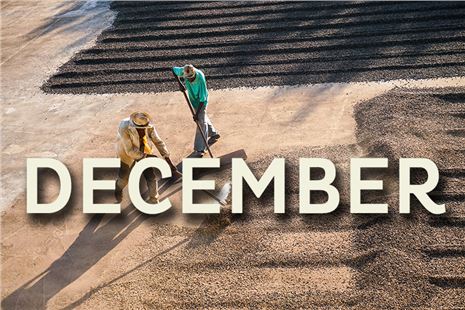THE BENNETTS MONTHLY DECEMBER '22

All things Bennetts and Coffee...
And that’s a wrap!
*Please
note: Your order must be processed by our office no later than 12.30pm the
previous business day to be despatched.
Georgia and Alex in Colombia
Misael Sandoval - CENCOIC member of the Munchique producer group GROUNDS FOR HEALTH UPDATE As some of you may know, each year we donate to the Grounds for Health organisation to assist with funding and supporting their efforts in providing women the opportunity to be screened for cervical cancer. They are a mission-driven, international non-profit organisation, born out of and with enduring ties to the coffee industry, currently about to embark on their 27th year of operation. Our annual contribution this year was USD$5,000 that was used to help screen over 4500 women with their overall efforts helping upwards of 30,000 women in 2022. This foundation is building the bridge to help women gain access to inclusive healthcare that includes innovative access to cervical cancer screenings. They have grown from a predominately volunteer organisation to one that hires and trains local staff, to increase cultural understanding and build lasting relationships. Just one screening in a woman’s lifetime reduces her cervical cancer rate by 30%, outlining the importance of providing access to those in remote areas. We encourage you to visit the GfH website to learn more about the incredible work they do and why we choose to continually support their amazing efforts. Happy Roasting, The Bennetts Team |





